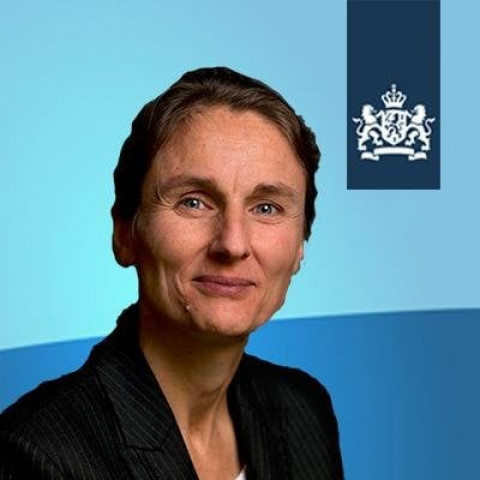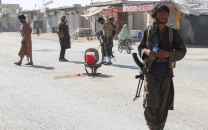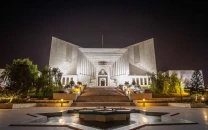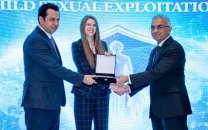Critical thinking: Encourage students to ask questions, says Dutch envoy
Says questioning leads to nation-building, harmonious society

The discussion revolved around rule of law, tolerance, respect for diversity, fundamental human rights, equal citizenry, democracy and governance, and perhaps most importantly, the importance of questioning the narratives that “are presented before us”. PHOTO: TWITTER/@AmbJeannette
“As children, we were always encouraged in our school to ask why, to speak out about things that agonise us. We were also provided with responses. This is crucial for critical thinking, which leads to nation and peace-building,” said Seppen, while speaking at the closing ceremony of the Pakistan Centre of Excellence (Pace)’s fifth round of collaborative workshops, a four-day residential training programme held between July 15 and 18th.
She said that Europe suffered greatly because there was not enough critical thinking in its history.
“Despite being one of the most highly-educated parts of the world, people followed a doctrine of divisiveness without thought during World War-II,” the envoy said.
Seppen said that the Dutch government was proud to host such programmes, as they encouraged critical thinking and discourse.
“It is better to allow all these diverse colours to blend, to blossom, than having one singular, bland colour,” she said.
The Pace is a major countering violent extremism (CVE) initiative launched by the Centre for Research and Security Studies (CRSS) — with the support of the government of Netherlands — to promote democratic values, respect for diversity, fundamental human rights and virtues of tolerance as a measure of ensuring social peace and harmony for peaceful co-existence.
It aims to facilitate a socio-political discourse — the alternate narrative on democratic rights and responsibilities anchored in the globally accepted and practiced concepts.
These concepts include adherence to the rule of law, equal citizenry, secular governance as a primary condition for social cohesion, and tolerance within the society at all levels.
The resource persons and public intellectuals, who interacted with the participating university lecturers and professors from different universities, included social activist Jibran Nasir, Prof Saeed Minhas, Dr Khalid Zaheer, Dr Shoaib Suddle, Gulmina Bilal, Safiullah Gul, and Charles Petrie.
The discussion revolved around rule of law, tolerance, respect for diversity, fundamental human rights, equal citizenry, democracy and governance, and perhaps most importantly, the importance of questioning the narratives that “are presented before us”.
Pervaiz Khan from Kohat University of Science and Technology said that the workshops remained extremely beneficial and “they give him a renewed sense of purpose”.
“We are leaving with this positive energy, to try harder, to do better, and to build a better future for our children,” he said.
Center for Research and Security Studies Executive-Director Imtiaz Gul spoke about the importance of nation-building and national cohesion, referring particularly to The Netherlands as an example Pakistan could learn from.
Published in The Express Tribune, July 19th, 2016.



















COMMENTS
Comments are moderated and generally will be posted if they are on-topic and not abusive.
For more information, please see our Comments FAQ